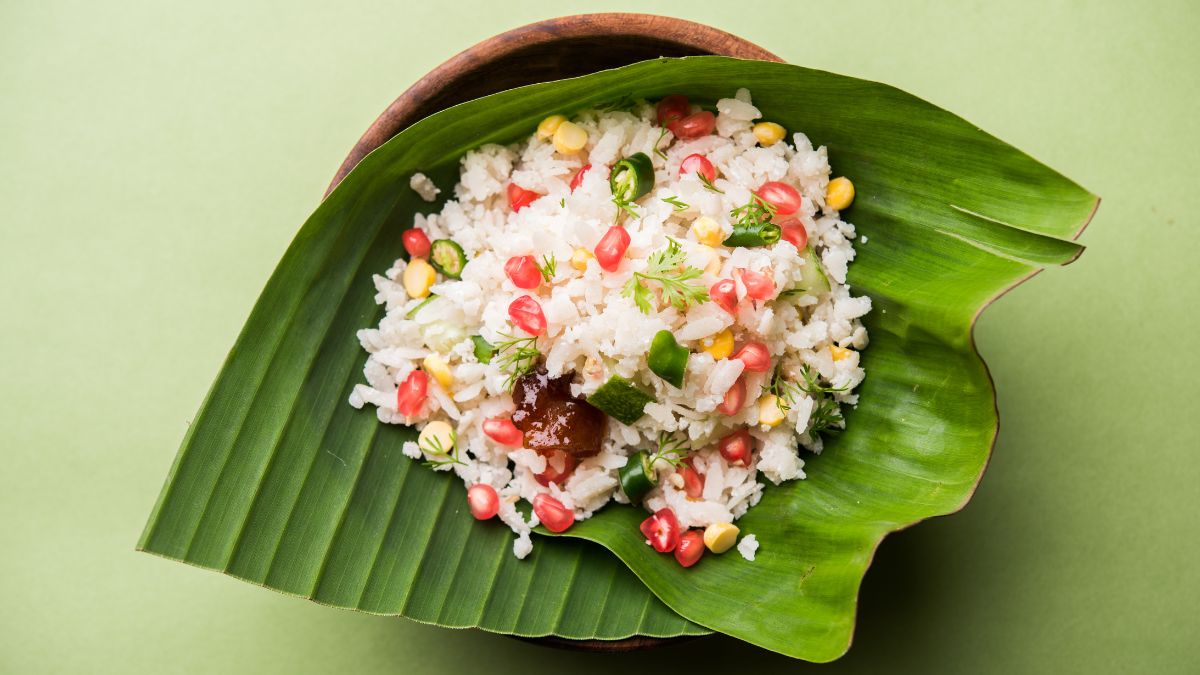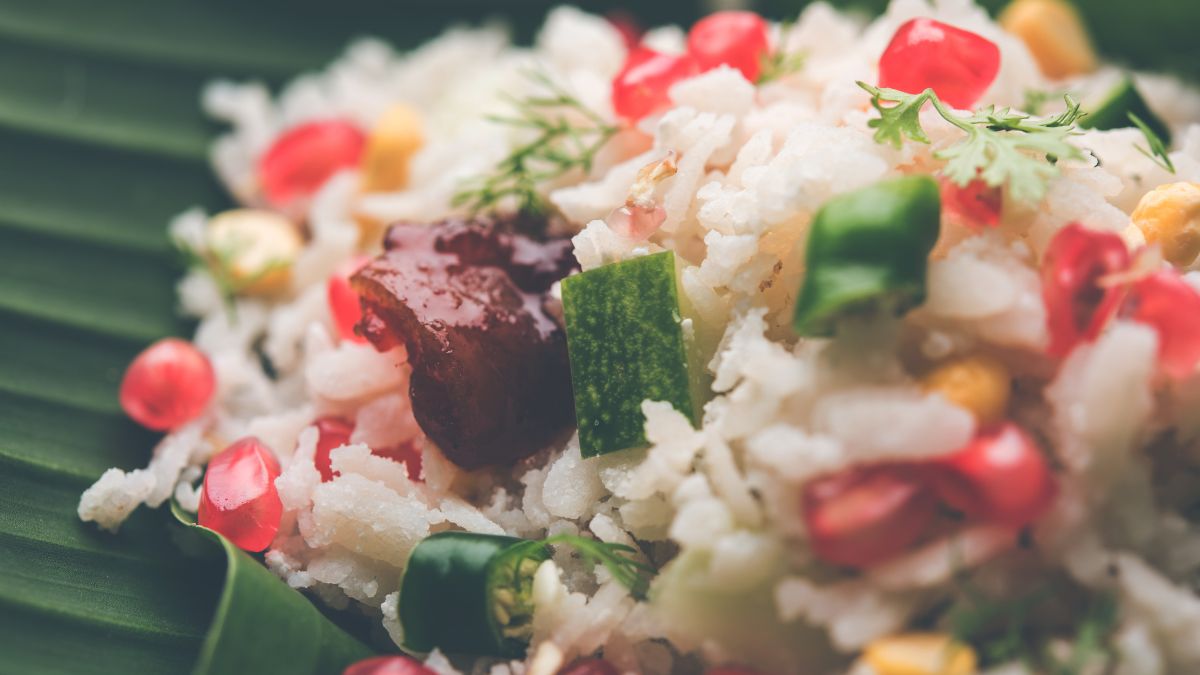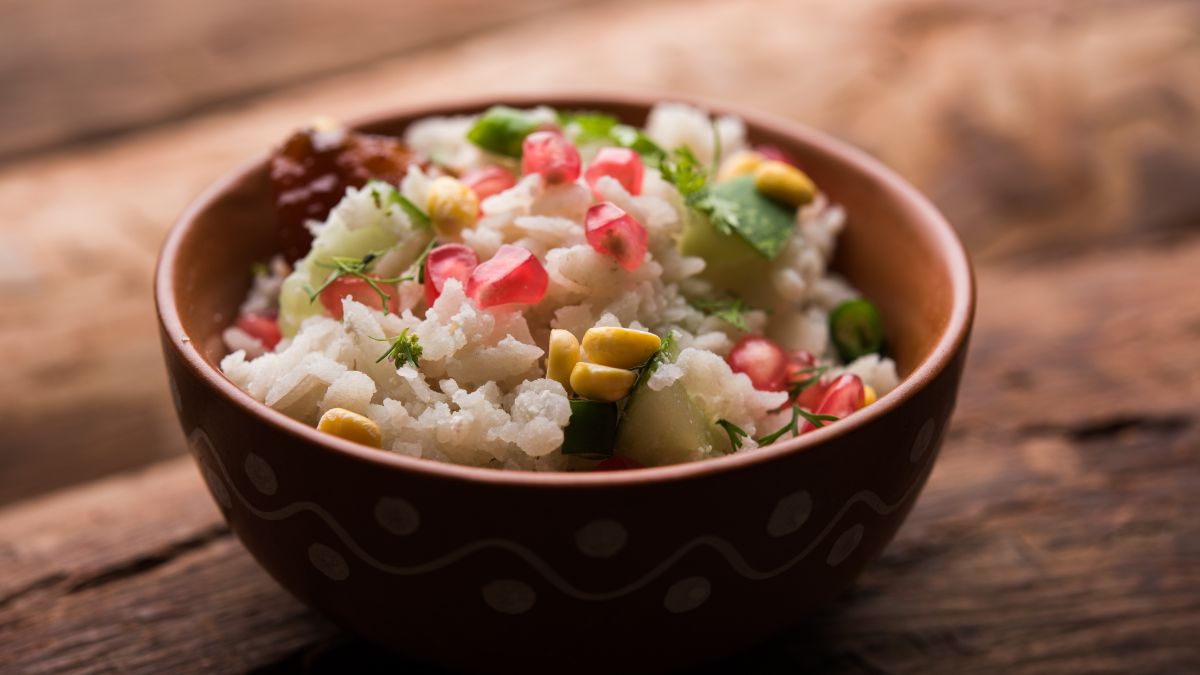- By Priyanka Munshi
- Wed, 06 Sep 2023 07:56 AM (IST)
- Source:JND
Happy Janmashtami 2023: Gopalkala is a traditional and delectable prasad (offering) prepared and consumed on Janmashtami, the occasion commemorating the birth of Lord Krishna. The state of Maharashtra in western India is where this cuisine is most widely consumed. Gopalkala is produced by combining yogurt, grated cucumber, fresh coconut, and a variety of aromatic spices with flattened rice (poha). With the creaminess of yogurt, the crunch of cucumber, and the nuttiness of coconut coming together to form a refreshing and savory dish, it is a delicious combination of textures and flavours.

Gopalkala is a representation of Lord Krishna's passion for simple, unpretentious food, in addition to being a delicious treat for followers. During Janmashtami festivities, it is frequently given out as prasad to commemorate the auspicious event of Lord Krishna's birth. Here are the instructions for making the gopalkala at home, in case you're the one who doesn't know how to prepare this delicious prasadh.
Ingredients To Make The Gopalkala
Coriander leaves, salt, and Jeera seeds in one teaspoon, Four tablespoons of curd, two tablespoons of grated coconut, two green chilies, chopped finely, and one teaspoon Last but not least, add one cup of soaking chiwda or poha along with one tiny cucumber that has been peeled and sliced.

Steps To Make The Gopalkala
The chiwda must first be soaked in water for 3–4 minutes before making the gopalkala prasadh. Drain the water after that.
Then take a pan and heat the ghee to a medium temperature before adding the cumin seeds. Add green chilies as well, and make sure to sauté them for a minute after that.
To season, heat the ghee over a medium flame, add the cumin seeds, and let them start to pop. Next, add the green chilies and let them cook for a minute.
You can also include a teaspoon of mustard seeds in this.
Now add the soaked chiwda to a sizable mixing dish along with some yogurt, cucumber, coconut, and salt to taste.
Add the seasoning on top, then combine everything well. It can now be eaten after adding coriander leaves as a garnish.

